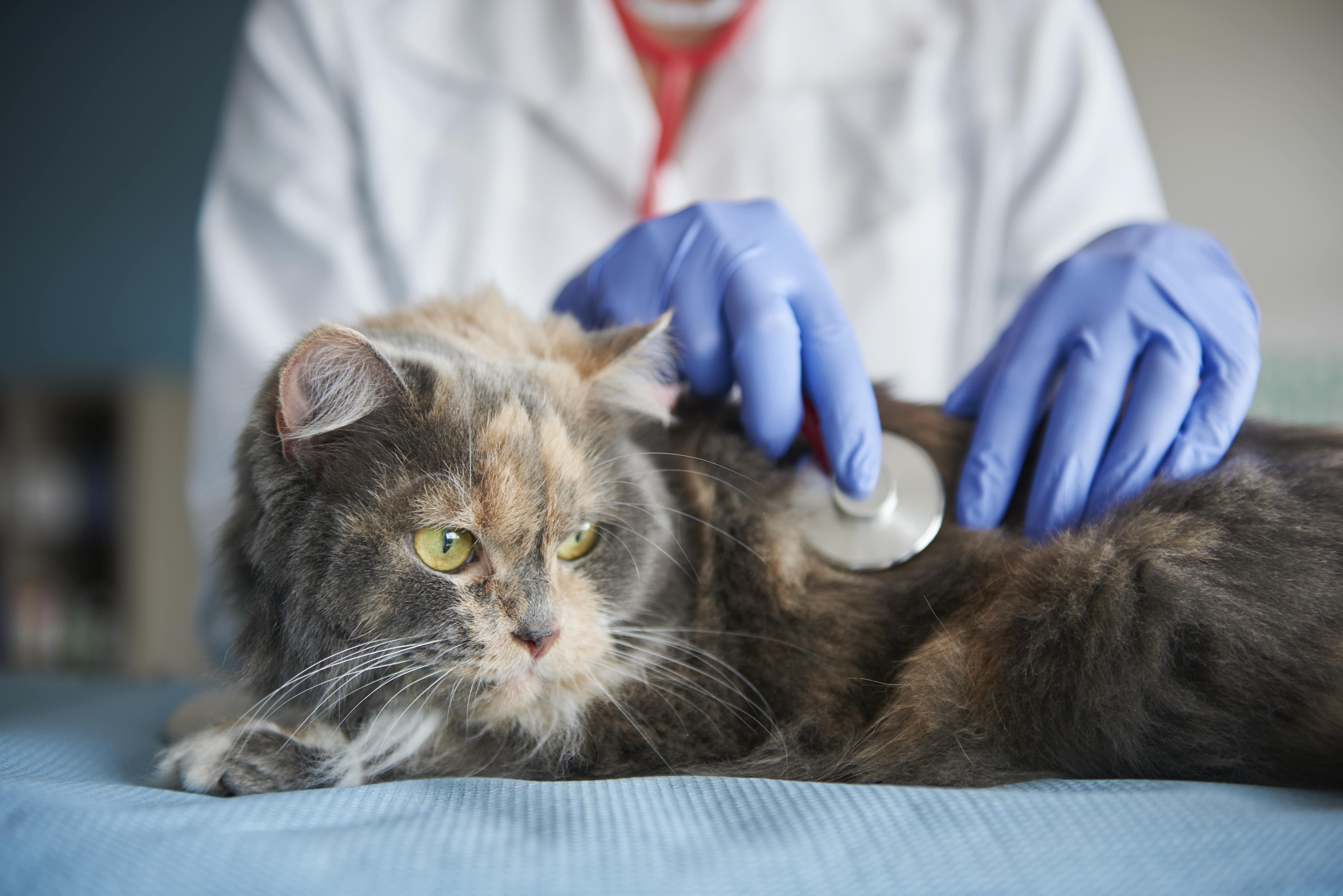Everything You Need to Know About Cat Vaccinations

The choice of cats as pets, especially for children, is widespread due to their intelligence and playful nature. Cats love to play all the time, adding a joyful atmosphere to the home. As prevention is better than cure, it is crucial to adhere to necessary vaccinations to protect cats from diseases that can affect them and be transmitted to humans, some of which can be fatal. Here, we will discuss the most important cat vaccinations and their schedules.
What are Vaccinations and Their Importance?
Vaccinations are vaccines containing weakened or killed forms of viruses or bacteria. These are administered to animals, and they do not harm the animal; instead, they stimulate the immune system to produce antibodies. These antibodies remain in the body until the animal is exposed to viruses or bacteria in the future. At that point, these antibodies attack and protect the body from their danger.
Key Cat Vaccinations:
Cat vaccinations are divided into essential vaccinations recommended by veterinarians against severe diseases and additional vaccinations whose importance varies based on the cat's environment and the likelihood of infection.
Core Vaccinations:
-
Quadrivalent Vaccination:
- Administered between weeks 8-16 of a cat's life and renewed annually.
- Vaccination against four severe cat diseases:
- Feline Herpes Virus: Highly contagious, affecting the respiratory system, causing congestion, sneezing, eye, and nose discharge.
- Calicivirus: Causes nasal discharge, gum inflammation, and mouth sores.
- Panleukopenia (Feline Distemper): Extremely dangerous, attacks growing cells in the body, leading to severe illness.
- Chlamydia: A respiratory disease causing nasal discharge, coughing, sneezing, and eye inflammation.
-
Vaccination Against Rabies:
- Rabies is a neurological disease transmitted through bites. It is fatal if not treated promptly.
- Symptoms include sudden behavioral changes, excessive aggression, loss of appetite, and aversion to water.
- Administered at 3 months, followed by a second dose at 6-12 months, then annual booster shots.
-
Vaccination Against Feline Leukemia:
- Despite its name, it doesn't mean leukemia but rather a virus similar to HIV, causing immune deficiency in cats.
- Symptoms include vomiting, diarrhea, extreme fatigue, and loss of appetite.
- Administered at 3-4 months, with a second dose after 3-4 weeks, then an annual booster.
Additional Vaccinations:
Additional vaccinations are recommended by veterinarians to protect cats from worms, insects causing digestive problems, and fungi affecting the skin and causing hair loss. Administered at 3-4 months, repeated after two weeks, and throughout the cat's life.
Symptoms After Vaccination:
Cats may become less active after vaccination, showing mild swelling at the injection site, slight fever, loss of appetite, and nasal discharge. These symptoms typically last for a few hours to a maximum of two days. If symptoms persist for more than two days or if swelling increases, contact the veterinarian for reassurance.
Sources:
- Vaccines for Cats
- Cat Vaccinations - Everything You Should Know
- Cat Vaccinations
- Vaccinating Cats and Kittens
- What to Know About Cat Vaccinations
Read more blogs: